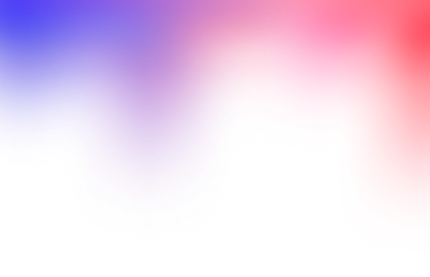シェア

MidReal ストーリー
A History of Modern Germany
シナリオ:我想写一个简单易懂的德国发展故事,不需要介绍人物,主要说如何发展,用中文
この ストーリー の 自分 の バージョン を 作成
Germany
He is a historical entity representing modern Germany.
I was born in 1871, but my story began long ago.
In 1806, the Holy Roman Empire, which had held sway over a loose confederation of German states since the Middle Ages, was dissolved.
This left various German states like Bavaria, Württemberg, and Hanover free to make their own decisions.
Over time, they became more independent and distinct in their own unique ways.
In 1848, there was an attempt to create a unified German state through revolution, but it failed.
The idea of a unified Germany stayed alive, though, and many Germans continued to dream of a day when they could be one nation.
In 1850 and again in 1866, Prussia defeated Austria and gained control of several German states.
This set the stage for the final act in the creation of modern Germany.
In 1870, France declared war on Prussia.
By the end of the war in 1871, Prussia had emerged victorious and several other German states had joined with it to form a single nation: Germany.
On January 18, 1871, I was officially born when Frederick William was proclaimed Emperor of Germany in Versailles, France.

I sit in my study, surrounded by old maps of the Holy Roman Empire that are spread across my large oak desk.
My fingers trace the intricate borders that once divided the German lands.
Through the window, I watch as merchants from Bavaria and Württemberg haggle in the marketplace - states that were once bound together under imperial rule.
The fresh independence feels strange; some citizens celebrate in the streets while others whisper anxiously about the future.
I notice Austria's envoys departing the city, their carriages kicking up dust as centuries of Habsburg influence fade away.

"Father, do you think this new Germany will last?" my son asked, his eyes wide with both hope and uncertainty.
"History has shown us that empires rise and fall, but this time feels different," I replied, glancing at the maps as if they held the answer.
"But what if the dreams of unity turn into nightmares of control?" he pressed, his voice tinged with the skepticism of youth.
In my dimly lit study, I set down the old maps and turn to face my anxious son.
His fingers trace the borders on a modern map, lingering over the territories we've unified.
I walk to his side, my footsteps echoing on the wooden floor.
"Tell me, what do you think is the greatest threat to our unity?"
I ask, placing a hand on his shoulder.
He looks up at me with furrowed brows.
"The other nations? They might see us as weak now that we're no longer under imperial rule."
I nod thoughtfully and gesture towards the window.
Outside, workers are building new factories, merchants trade goods from all corners of Germany, and citizens move freely between former state borders.
"Look out there," I say, pointing at the bustling streets of Berlin.

"Our strength doesn't lie in our military or our leaders alone. It lies in the determination of our people to build something new together."
